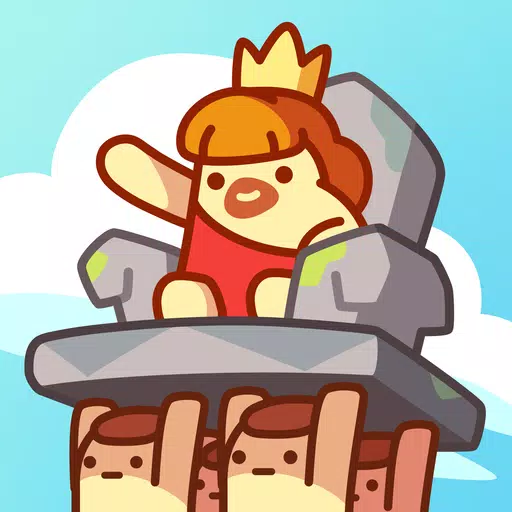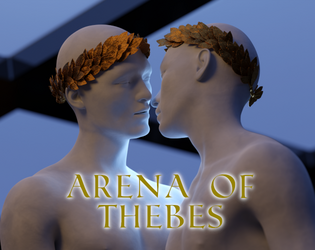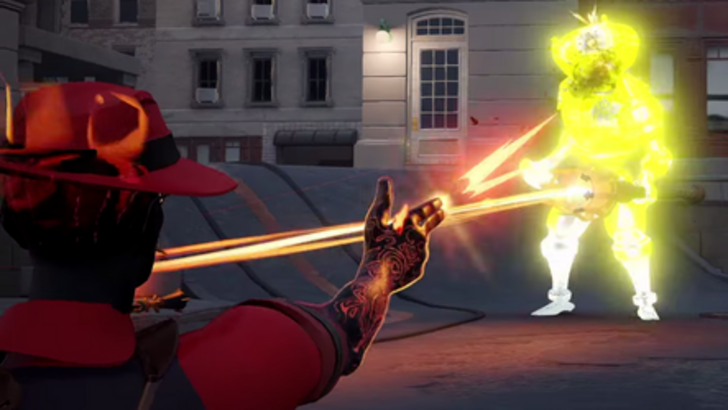
A Valve developer recently leveraged ChatGPT to significantly improve Deadlock's matchmaking system. Facing criticism for its previous MMR system, the Deadlock team sought a more effective solution. According to engineer Fletcher Dunn, a conversation with ChatGPT led to the implementation of the Hungarian algorithm. This algorithm, as recommended by the AI, addresses player concerns regarding mismatched skill levels in matches.
Dunn's Twitter posts detail his interaction with ChatGPT and highlight the algorithm's success in improving matchmaking. Player feedback on Reddit previously indicated frustration with uneven matches, citing discrepancies in player skill levels between teams. Dunn's use of ChatGPT, however, appears to have yielded a positive outcome, at least in part.
Despite the apparent improvement, some Deadlock players remain dissatisfied, expressing ongoing concerns about matchmaking quality. Negative comments on Dunn's tweets reflect lingering frustrations. Dunn himself acknowledges the potential displacement of human interaction through AI tools, while also praising ChatGPT's efficiency and problem-solving capabilities.
The Hungarian algorithm, a type of bipartite matching algorithm, optimizes pairings based on preferences. In Deadlock's context, this likely means prioritizing skill-based matching, although the specifics aren't fully detailed. The success of this AI-assisted approach demonstrates the growing role of generative AI in game development. While some debate the ethical implications of relying on AI for such tasks, its practical benefits are undeniable in this instance. The overall narrative suggests that while improvements have been made, the journey towards perfect matchmaking is ongoing.



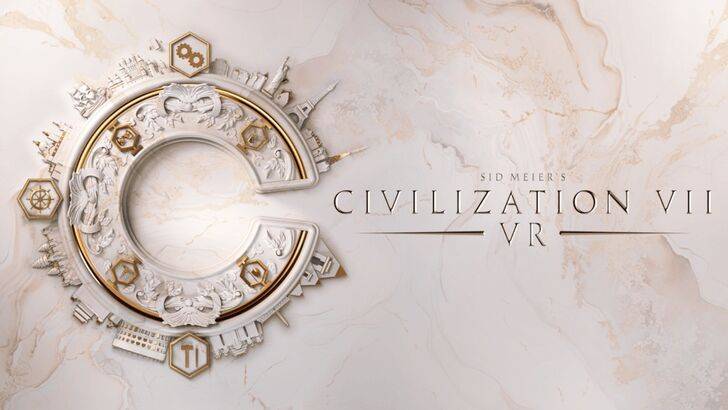
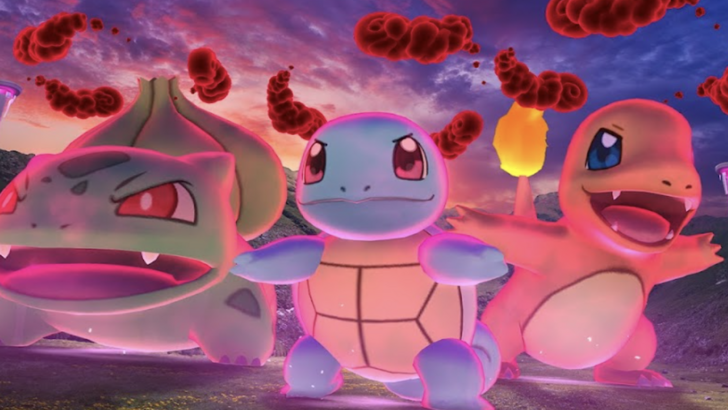
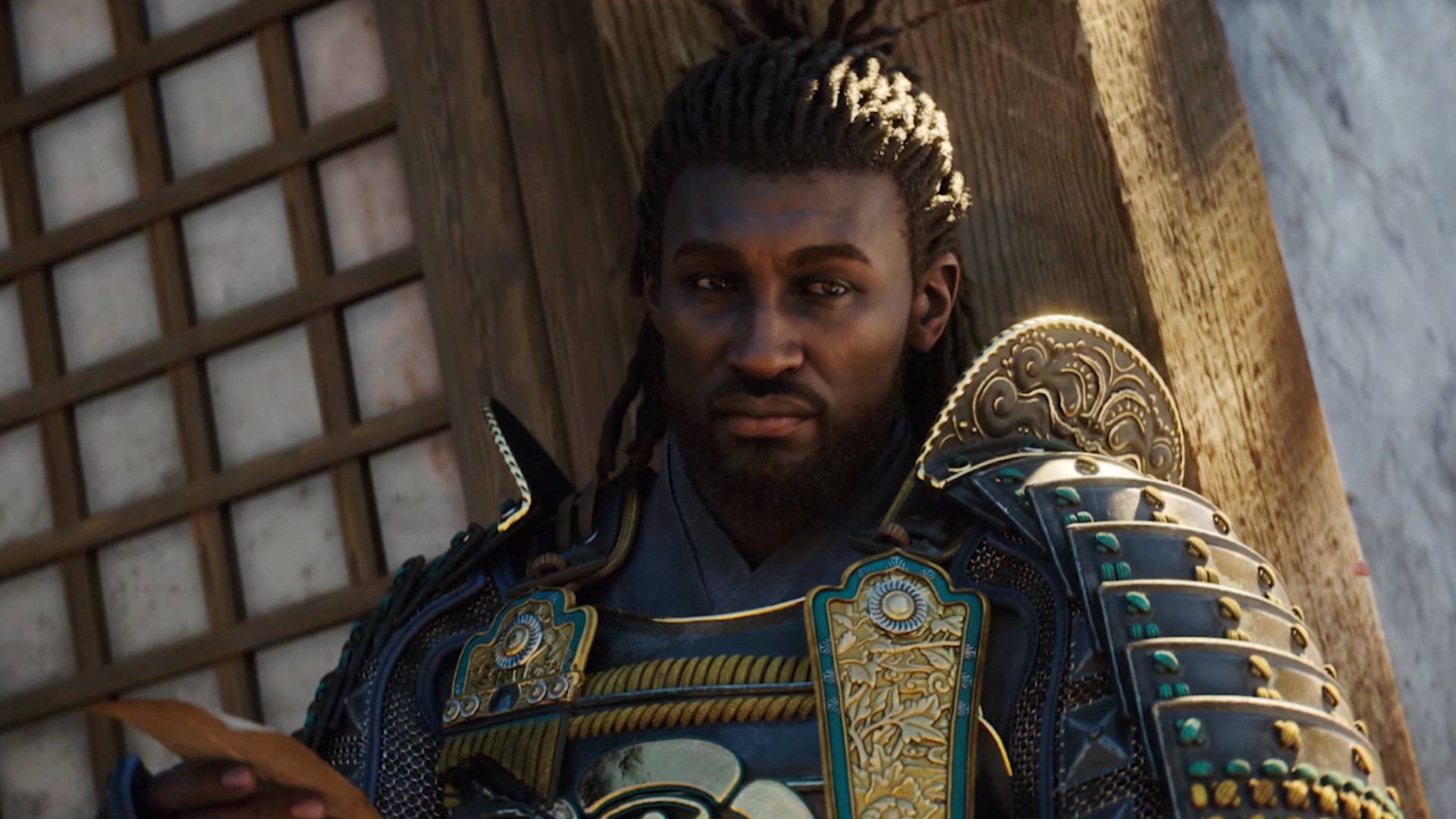











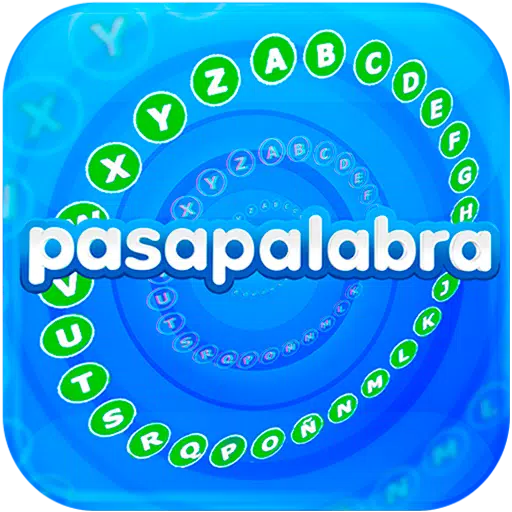
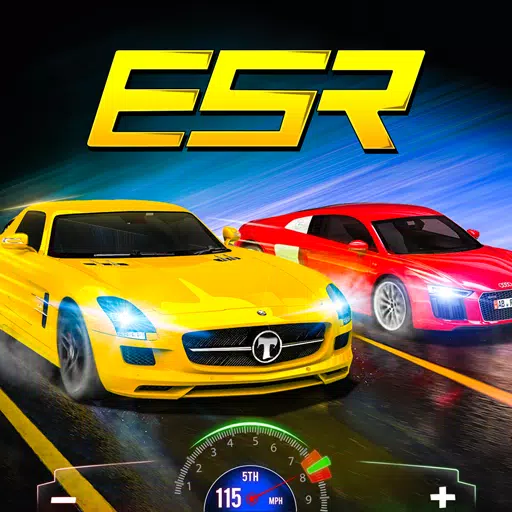

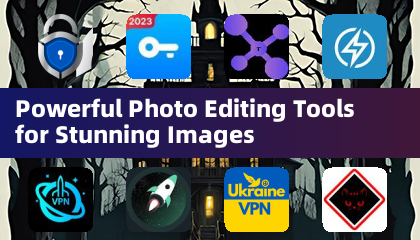





![City Devil: Restart [v0.2]](https://img.icssh.com/uploads/38/1719554737667e52b102f12.jpg)
